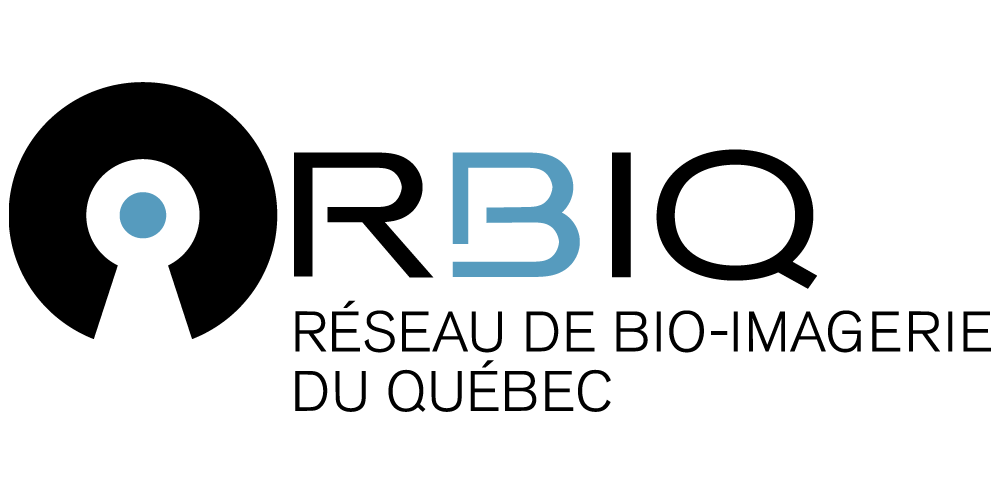Le laboratoire NIST à l’Institut neurologique de Montréal est à la recherche d’un développeur principal de logiciels de recherche pour travailler sur leur plateforme chirurgicale guidée par image IBIS.
Plus d’informations sont disponibles en anglais ci-dessous
The NeuroImaging and Surgical Technology (NIST) lab develops image processing algorithms for analysis of medical images applied to different research projects that include image guided neurosurgery, disease diagnosis, and prognosis and quantification for diseases such as multiple sclerosis, epilepsy, schizophrenia and degenerative diseases such as Alzheimer’s dementia. The NIST lab is part of the Brain Imaging Center (the BIC) at the Montreal Neurological Institute (the Neuro), a multidisciplinary group studying the brain. The NIST lab has developed IBIS, an open-source image-guided surgery platform (http://ibisneuronav.org/) that is used in multiple labs to support world-leading research for image-guided surgical interventions in the brain, spine and other regions of the body.
Position Summary:
The Senior Research Software Developer creates, manages, and maintains software and technical infrastructure for the IBIS core platforms. The role will involve collaborating proactively with technical and managerial staff as well as research stakeholders and end users to guide platform feature integration and optimization. This role is responsible for delivering critical functionality of all the data management and research workflow elements related to data acquisition, visualization, annotation, processing, and dissemination built on complex open-source platforms. In doing so, the successful candidate will evolve in a dynamic research environment and have opportunities to work cross-functionally across multiple open-source neuroinformatics platforms and learn about open science practices in the context of a dynamic and diverse research software development.
Primary Responsibilities:
- Provide senior expertise in leading and setting direction for the IBIS technical development team in order to support world-class research in image guided surgery, working closely with remote developers and stakeholders.
- Participate in establishing the strategic direction of integrated IT solutions for neurosurgeons and neuroscientists by collaborating with developers and stakeholders, internally as well as at partner institutions and across the IBIS network.
- Provide senior professional expertise in the examination and definition of objectives for existing or future infrastructure and applications systems.
- Plan, implement, deploy, document and distribute research software and large-scale middleware platforms to support image guided interventions.
- Engage with researchers and their teams to build infrastructure and platforms; define, plan and implement special projects to support the needs of the research community as well as external collaborators.
- Define and implement complete software lifecycle mechanisms for research ordinated services.
- Research and analyze new and emerging technology, define programming standards and code testing and review frameworks.
- Define and lead team practices for code collaboration, review, testing and coordinated deployment and activities.
- Troubleshoot, maintain and upgrade virtual servers, research services and complex information systems to ensure operational integrity.
- Provide professional training for junior developers and external collaborators related to a variety of new systems, platforms and procedures.
- Develop and implement policies, initiatives and specifications that support the strategic direction of a faculty/department/unit and meet ethics board requirements.
- Conduct meetings, make recommendations and provide solutions.
- Contribute to the publication of relevant academic papers and materials.
Other Qualifying Skills and/or Abilities
Graduate degree in Computer Science, Neuroscience or related field an asset. Experience with Unix/Linux operating systems and shell commands. Knowledge of computer systems, algorithm design and programming languages (C, C++, Python) are needed. Familiarity with version control systems (e.g., git, GitHub) is required.
Experience with open-source programming libraries such as ITK, VTK, Qt, OpenGL and 3D Slicer is an asset. Experience with image processing for neuroimaging such as automated brain registration, regional segmentation, morphometry and anatomical templates is an asset. Experience with MNI image processing tools and the MINC toolkit is an asset. Should have good organization skills and be able to learn quickly.
Excellent (oral and written) communication skills, team oriented are needed. Ability to communicate in French is an asset.
For more information on Dr. Collins’ research focus, please visit the NIST Lab website (http://nist.mni.mcgill.ca/) or Dr. Collins’ profile on the Montreal Neurological Institute website (https://www.mcgill.ca/neuro/louis-collins-phd
Minimum Education and Experience: Bachelor’s Degree 5 Years Related Experience /
Annual Salary: (MPEX Grade 08) $92,020.00 – $115,020.00 – $138,020.00
Hours per Week: 33.75 (Full time)
Supervisor: Professeur
Position End Date (If applicable):
Deadline to Apply: 2022-07-30
McGill University hires on the basis of merit and is strongly committed to equity and diversity within its community. We welcome applications from racialized persons/visible minorities, women, Indigenous persons, persons with disabilities, ethnic minorities, and persons of minority sexual orientations and gender identities, as well as from all qualified candidates with the skills and knowledge to productively engage with diverse communities. McGill implements an employment equity program and encourages members of designated groups to self-identify. Persons with disabilities who anticipate needing accommodations for any part of the application process may contact, in confidence, accessibilityrequest.hr@mcgill.ca.
